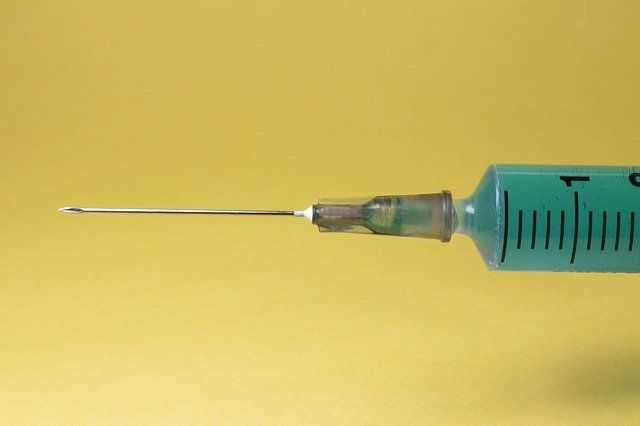
[ad_1]

Overview
- Post By : Kumar Jeetendra
- Source: Cell Press
- Date: 25 Jul,2020
Two injections of this vaccine were enough to induce robust immunity, completely preventing SARS-CoV-2 infection in mice.
MRNA-based vaccines are all attractive options for protecting against SARS-CoV-2 because they may be quickly designed and manufactured at a huge scale within weeks. Moreover, preclinical studies have shown that mRNA-based vaccines cause potent and broadly protective immune responses against various pathogens with an acceptable safety profile.
From the Cell analysis, Qin and his colleagues developed a vaccine comprising mRNA that encodes the receptor-binding domain (RBD) of the spike (S) protein, which is situated on the surface of SARS-CoV-2. The vaccine, called ARCoV, is encapsulated in lipid nanoparticles, which improves delivery to cells.
Targeting RBD instead of the whole S protein can represent a safer option, possibly triggering the production of fewer non-neutralizing antibodies. These antibodies could improve viral entry into cells and viral replication through a procedure called antibody-dependent enhancement of infection, which was previously reported to the associated virus SARS-CoV–that the causative agent of the SARS outbreak in 2002 to 2003.
The robust protection observed in the present studies and the clear immune correlates of protection pave the path forward for future COVID-19 vaccine development in humans.”-Cheng-Feng Qin, Senior Study Author, Beijing Institute of Microbiology and Epidemiology
The researchers injected ARCoV into the muscle tissue of 16 mice and provided a booster shot just two months later. The vaccine elicited the creation of elevated levels of neutralizing antibodies, which protect host cells from preventing the virus from interacting together. These antibodies were cross-reactive, offering broad protection against three different breeds of SARS-CoV-2. In addition, the vaccine raised the amount of T cells from the spleen.
Mice that received two doses of ARCoV and have been exposed to SARS-CoV-2 35 days afterwards revealed no signs of viral RNA from the lungs or trachea without any lung damage or swelling. Outcomes from 20 cynomolgus monkeys showed two ARCoV doses triggered a virus-specific T cell response and the generation of neutralizing antibodies at rates that significantly exceed those seen in most recuperated COVID-19 patients. Moreover, none of the vaccinated animals experienced negative effects.
To evaluate the thermal stability of ARCoV, the investigators stored the vaccine in different temperatures for a single, four, or seven times, injected it into mice, and visualized its tissue distribution. The results showed that the vaccine was efficiently delivered to tissues, achieving the same high level of expression after being stored at room temperature for one week, with no signs of diminished activity. “A ready-to-use and thermostable vaccine like ARCoV is highly desirable to eliminate the need for cold-chain transport,” Qin states.
The researchers are evaluating the long-term stability of ARCoV. “Additionally, the term of neutralization antibody induced by ARCoV is not yet been determined, as expertise from other individual coronaviruses has signaled the potential for re-infection because of waning of this antibody reaction,” Qin states. “Future studies are required to assess the long-term immune response in animal models and the potency of ARCoV in people.”
Source:
Journal reference:
Zhang, N., et al. (2020) A thermostable mRNA vaccine against COVID-19. Cell. doi.org/10.1016/j.cell.2020.07.024.
[ad_2]
Source link